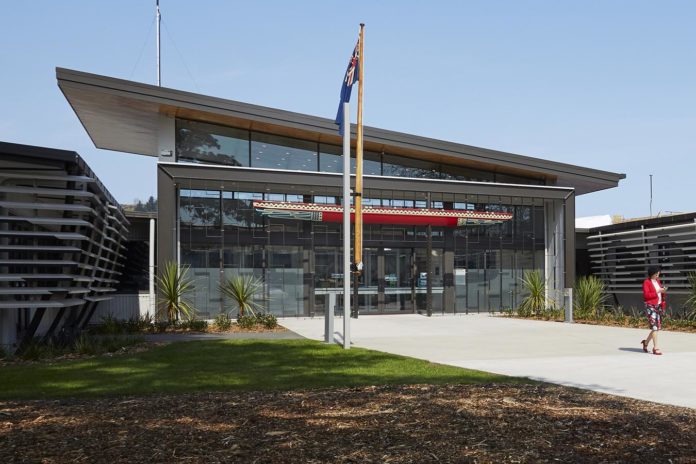Gisborne District Council (GDC) has announced an upgrade of its technology infrastructure to a modern Software as a Service (SaaS) ERP platform from TechnologyOne.
Council Director Internal Partnerships, James Baty said that during the development of its Information Strategy, it became evident that the council’s core technology needed replacement.
Some information could be difficult to access, creating inefficiencies and risks which could no longer be tolerated in a rapidly changing world, he said.
“We have a significant responsibility to our community. We are the custodians of a wide range of assets, from roads and footpaths to water resources and land.”
“To manage these we need to plan up to 30 years in advance, but our existing systems do not take advantage of the opportunities that future technology presents for council.
“Our existing systems don’t always talk to each other seamlessly which makes it difficult to access accurate, real-time information and that impacts on decision making. We also have information stored in a variety of systems and places and that increases compliance costs and risk,” Mr Baty said.
Gisborne went to the market in 2021 looking for a partner to help provide a technology platform for the future and selected TechnologyOne, whose ERP software supports many other local government organisations across New Zealand and Australia.
TechnologyOne plans to help GDC upgrade its core business systems in stages over 18 months – the first including finance & budgeting, procurement, human resources & payroll systems – and, in the process, move to a modern, integrated SaaS-based solution.
“The move to SaaS is a major step,” Mr Baty said. “It reduces the need for us to buy and maintain computer datacentre hardware. It also allows us to better automate workflows, reduce manual data entry and double handing. It means a more efficient and effective operation.”
As a unitary authority, GDC also has responsibilities for environmental management, an area likely to experience significant change with the NZ Government planning to repeal the Resource Management Act 1991 this year and replace it with three new pieces of legislation.
“Planning for these changes was also part of our consideration. We’re about to see the biggest change in environment and planning in 30 years. We need to have confidence our technology systems will be able to adapt today, tomorrow and in the future,” Mr Baty said.



